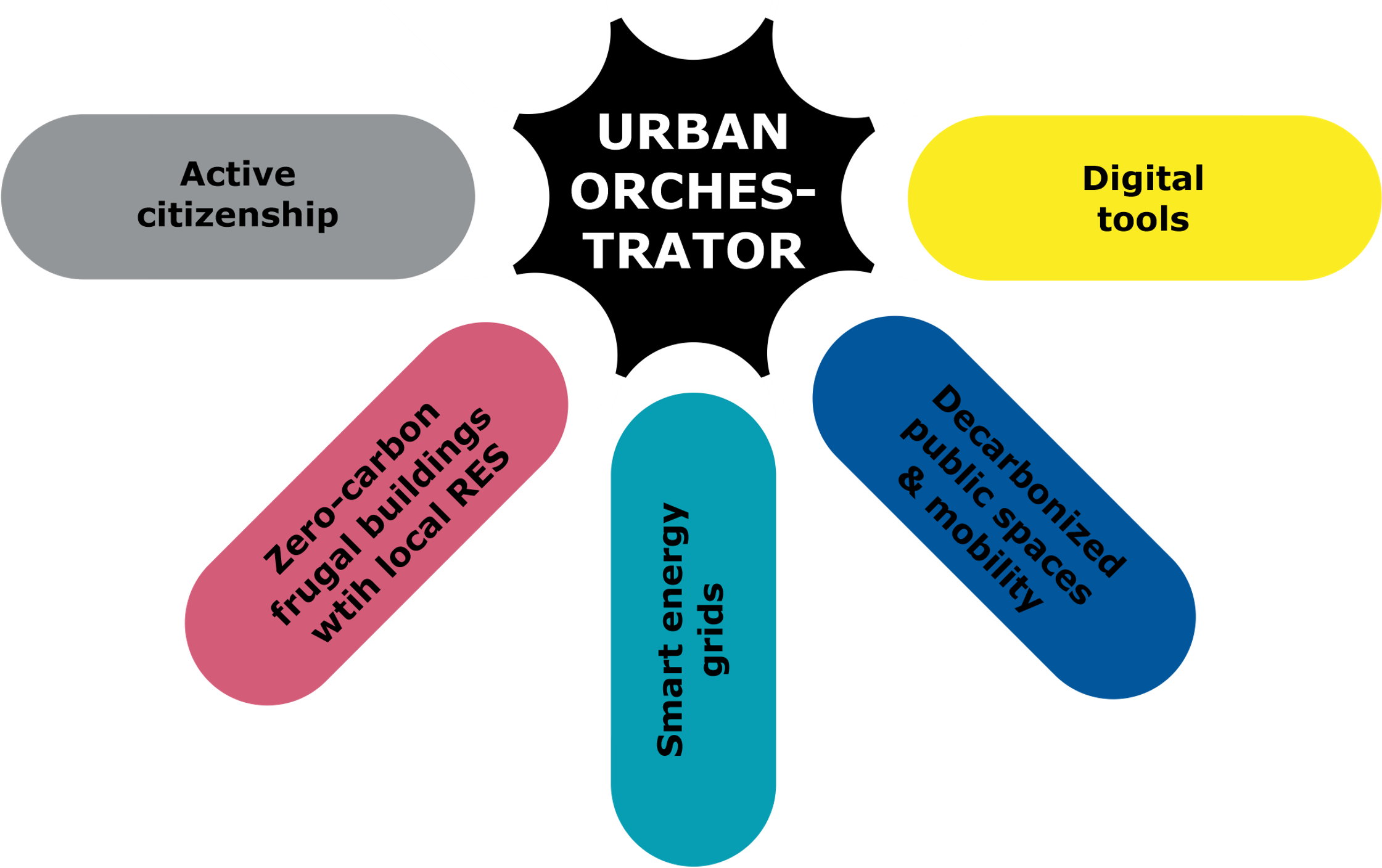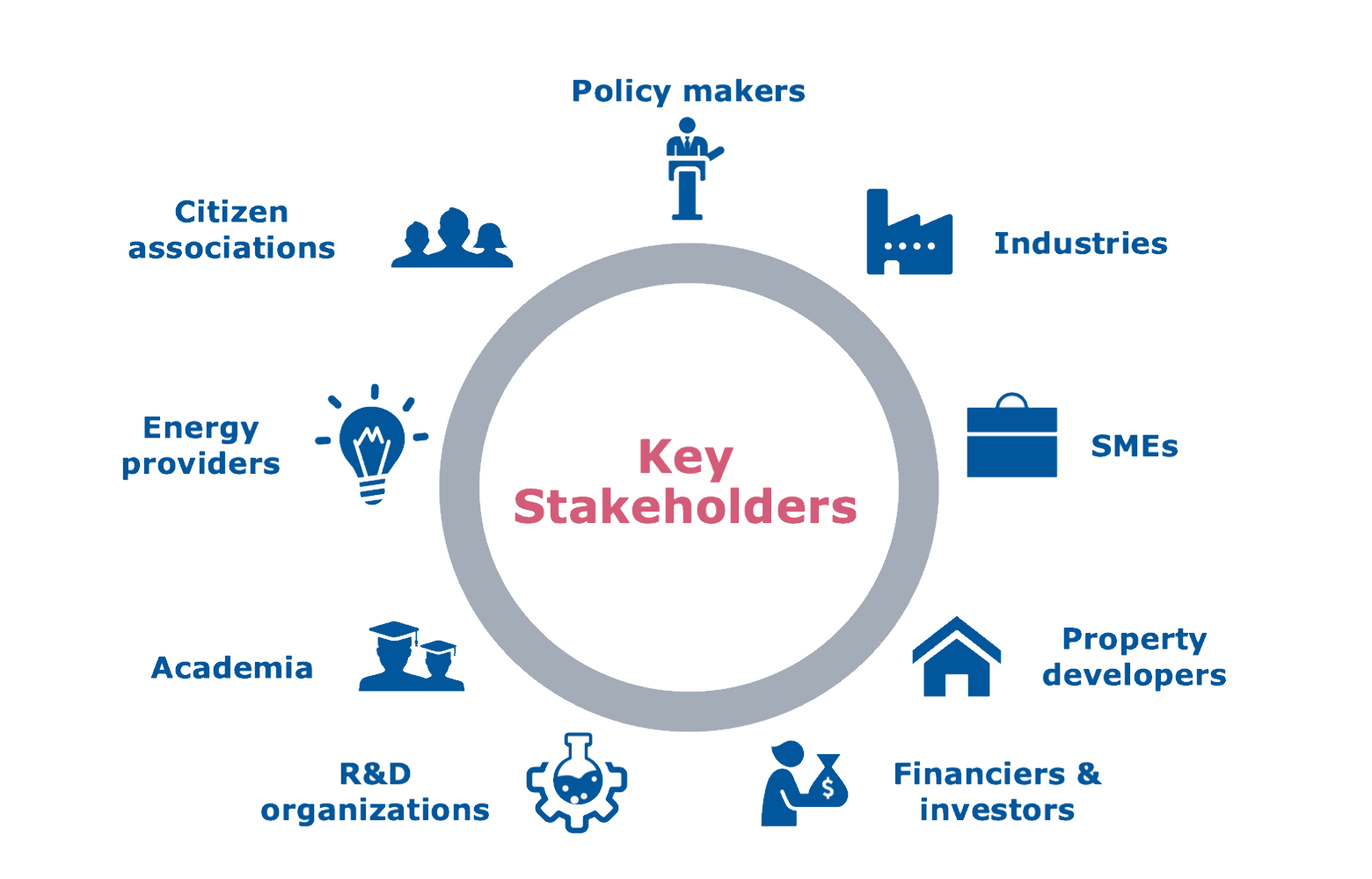ASCEND project
The current global climate and energy crisis requires a profound energy transition all across Europe. Smart cities will play a significant role in achieving net zero objectives by implementing and scaling up state-of-the-art solutions and technologies.
ASCEND aims at creating Positive Clean Energy Districts (PCEDs) and turning them into a default solution in European cities to mitigate the effects of climate change and enable citizens to live in inclusive, resilient, and smart communities.

Our project in a nutshell

Our goals
- Create Positive Clean Energy Districts (PCEDs) across Europe to mitigate the effects of climate change.
- Make cities healthier, smarter, more sustainable, and more inclusive.
- Deliver two PCEDs in the Lighthouse cities(LHC) Lyon and Munich.
- Bolster PCEDs by 6 Multiplier cities(MC) in Porto, Charleroi, Prague, Stockholm, Budapest and AlbaIulia.
What are Positive Clean Energy Districts?
Positive Clean Energy Districts are the core of ASCEND. They consist of 5 pillars: Active citizenship, Zero-carbon frugal buildings, Smart energy grids, Decarbonised public spaces and mobility and Digital tools.
All pillars revolve around an 'urban orchestrator’ - a public entity aggregating all components and services of a PCED - to implement long-lasting change at district level.
In ASCEND, each pillar of the PCED will be connected to the urban orchestrator through a federating digital platform and a 'human network' gathering all local stakeholders.

Key Stakeholders

Impacts at the end of the project
Timeline of our project

